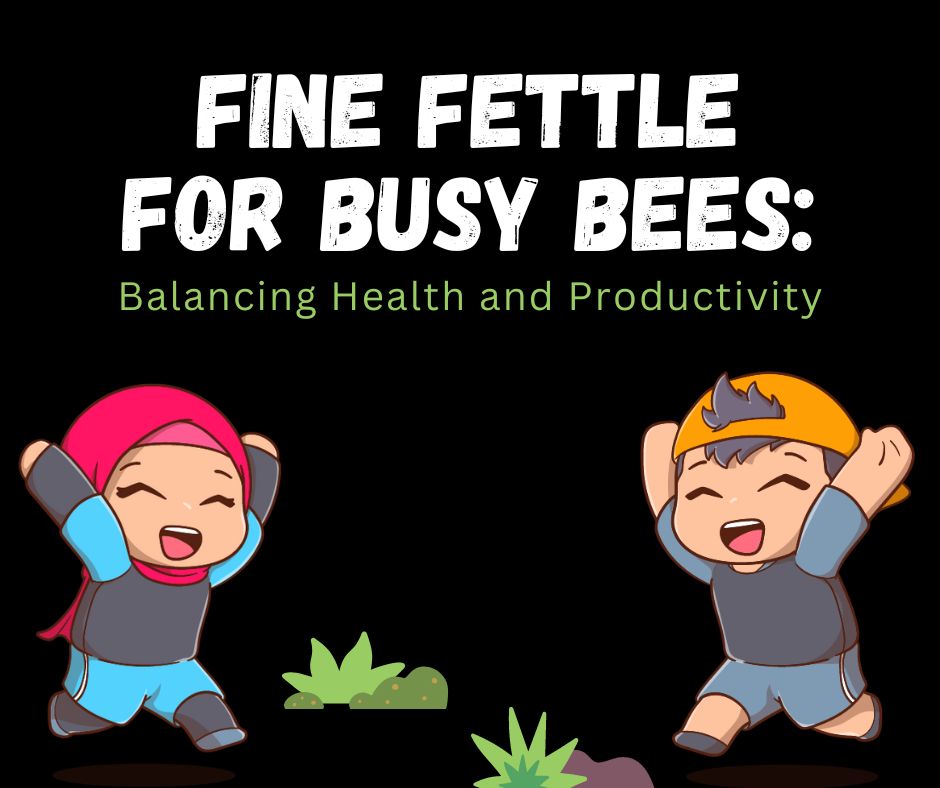
It is often misunderstood that cardiovascular diseases primarily affect men or women in high-income countries and are solely caused by poor lifestyle choices. However, the stark reality is that these diseases are responsible for 35% of deaths among women worldwide.
What’s even more concerning is that cardiovascular diseases in women continue to be overlooked, underestimated, underdiagnosed, and undertreated. A recent report by The Lancet Commission on women and cardiovascular disease reveals that women are underrepresented in clinical trials, despite decades of grassroots campaigns aimed at raising awareness about the impact of these diseases on women.
However, the signs of a heart attack in women can differ from those in men, and they are frequently misunderstood or overlooked. Understanding the unique symptoms women may experience is crucial for early detection and prompt medical attention.
In this article, we will explore the signs of a heart attack in women, providing valuable information to help safeguard their health.
Signs and Symptoms of a Heart Attack in Women
Recognizing the signs of a heart attack in women is paramount for early intervention and potentially saving lives. Here are some common symptoms women may experience during a heart attack:
- Chest Discomfort
One of the most typical signs of a heart attack in women is chest discomfort. However, women may not always experience the severe, crushing pain often associated with a heart attack in men. Instead, they may feel pressure, tightness, or squeezing sensations in the chest that come and go.
- Pain in Other Areas
Unlike men, women may experience pain or discomfort in areas other than the chest during a heart attack. This may include the back, neck, jaw, shoulder, or arms. It is essential to pay attention to any unexplained pain or discomfort in these regions.
- Shortness of Breath
Women may experience difficulty breathing or shortness of breath during a heart attack. This can occur with or without chest discomfort and may be mistaken for a panic attack or anxiety.
- Nausea or Vomiting
Feeling nauseous or vomiting can be a sign of a heart attack in women. These symptoms are often overlooked or attributed to indigestion or gastrointestinal issues.
- Fatigue
Unexplained fatigue or extreme exhaustion, especially when accompanied by other symptoms, may be an indication of a heart attack in women. This fatigue may occur days or weeks leading up to the actual event.
- Lightheadedness or Dizziness
Women may feel lightheaded or dizzy during a heart attack. This can result in feeling faint or passing out. It’s crucial to be aware of these sensations, particularly when they occur suddenly and without explanation.
- Sweating
Profuse sweating, similar to breaking out in a cold sweat, can be an indication of a heart attack in women. This symptom is often disregarded or attributed to hormonal changes or other factors.
- Sleep Disturbances
Some women may experience sleep disturbances in the days or weeks leading up to a heart attack. This can include insomnia, restless sleep, or recurring nightmares.
- Anxiety or Intuition
Many women report feelings of anxiety or a sense of impending doom before or during a heart attack. Some describe it as a strong intuition that something is terribly wrong with their bodies.
- Flu-Like Symptoms
In some cases, women may experience flu-like symptoms such as clammy skin, aching muscles, or a fever. These symptoms may be mistaken for a viral infection or other non-cardiac condition.
Conclusion
Recognizing the signs of a heart attack in women is of utmost importance for early detection and prompt medical intervention. Women may experience atypical or subtle symptoms that differ from those typically associated with a heart attack in men.
By familiarizing themselves with these signs and trusting their instincts, women can take proactive steps to protect the heart and potentially save lives.
If you or someone you know experiences any of the mentioned symptoms, especially in combination, do not hesitate to seek immediate medical attention. Remember, early intervention can make a significant difference in the outcome of a heart attack.
Frequently Asked Questions
-
Can women experience a heart attack without chest pain?
Yes, women can have a heart attack without experiencing the classic symptom of chest pain. They may have milder chest discomfort, or they may feel pain or discomfort in other areas such as the back, neck, jaw, shoulder, or arms.
-
Are the symptoms of a heart attack in women different from those in men?
Yes, the symptoms of a heart attack can vary between men and women. Women often experience more subtle symptoms, which can make it challenging to recognize that they are having a heart attack. Understanding these differences is crucial for early detection and timely medical intervention.
-
Are the signs of a heart attack in women age-dependent?
No, the signs of a heart attack in women are not age-dependent. Women of all ages, including younger women, can experience a heart attack. It is important for women to be aware of the symptoms and seek medical attention if they suspect a heart attack, regardless of their age.
-
Can stress or anxiety trigger a heart attack in women?
Stress and anxiety can contribute to heart disease and increase the risk of a heart attack in both men and women. However, while stress and anxiety can exacerbate heart-related symptoms, they are not direct causes of a heart attack. It is important to differentiate between anxiety symptoms and those of a heart attack to ensure prompt medical attention when needed.
-
Are women more likely to ignore or dismiss the signs of a heart attack?
Yes, unfortunately, women are more likely to ignore or dismiss the signs of a heart attack. This can be attributed to a variety of factors, including the misconception that heart attacks primarily affect men, as well as the atypical or subtle nature of the symptoms experienced by women. Increasing awareness and education about the signs of a heart attack in women is crucial to combating this issue.




